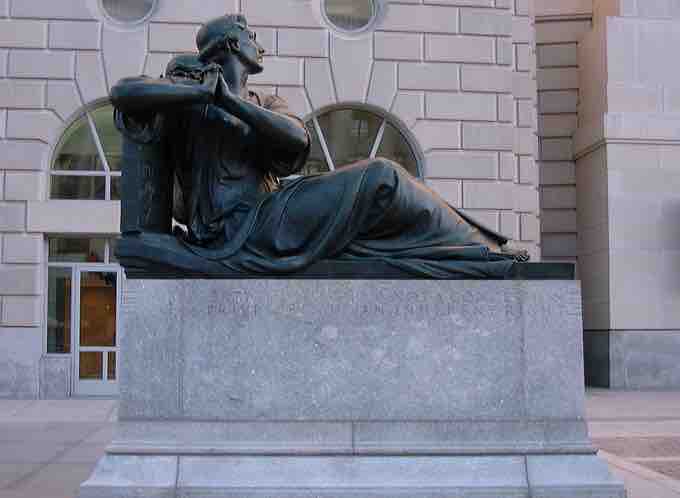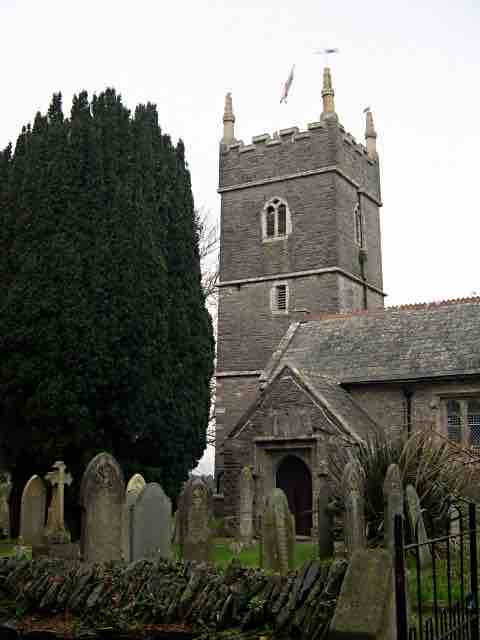The First Amendment
In the United States, freedom of religion is a constitutionally guaranteed right , laid out in the Bill of Rights. The following religious civil liberties are guaranteed by the First Amendment to the Constitution: "Congress shall make no law respecting an establishment of religion, or prohibiting the free exercise thereof. " Thus, freedom of religion in the U.S. has two parts: the prohibition on the establishment of a state religion, and the right of all citizens to practice their religion.

Monument to the Right to Worship
This monument in Washington, DC honors the right to worship. The inscription reads, "Our liberty of worship is not a concession nor a privilege, but an inherent right. "
No U.S. State Religion
Many countries have made one religion into the established (official) church, and support it with government funds . In what is called the Establishment Clause of the First Amendment ("Congress shall make no law respecting an establishment of religion"), Congress is forbidden from setting up, or in any way providing for, an established church. It has been interpreted to forbid government endorsement of, or aid to, religious doctrines. The Federal Government may not establish a national church or religion or excessively involve itself in religion, particularly to the benefit of one religion over another.

No State Religion
The Establishment Clause of the First Amendment prohibits the creation of a state religion in the U.S. Other countries have had state religions; for instance, the Church of England once dominated religious and political life (former Anglican church depicted here).
Freedom to Practice Religion
In addition to the rights afforded under the Establishment Clause, the Free Exercise Clause of the First Amendment protects the rights of citizens to practice their religions. This clause states that Congress cannot "prohibit the free exercise" of religious practices.
Incorporation of the First Amendment
The Supreme Court has interpreted the 14th Amendment as applying the First Amendment's provisions on the freedom of religion to states as well as to the Federal Government. Therefore, states must guarantee freedom of religion in the same way the Federal Government must. Many states have freedom of religion established in their constitution, though the exact legal consequences of this right vary for historical and cultural reasons.
Most states interpret "freedom of religion" as including the freedom of long-established religious communities to remain intact and not be destroyed. By extension, democracies interpret "freedom of religion" as the right of each individual to freely choose to convert from one religion to another, mix religions, or abandon religion altogether.